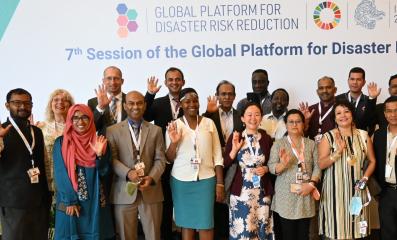
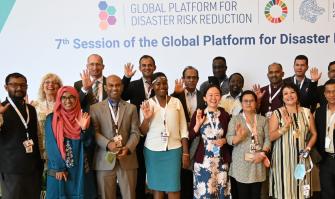
Networking with Faith in Climate and Resilience
Our network shared experiences of international advocacy and our special asset as faith-based actors in bringing hope and action to the table, both on a local and international level.
Indonesien. Fotograf: Hilda Weges
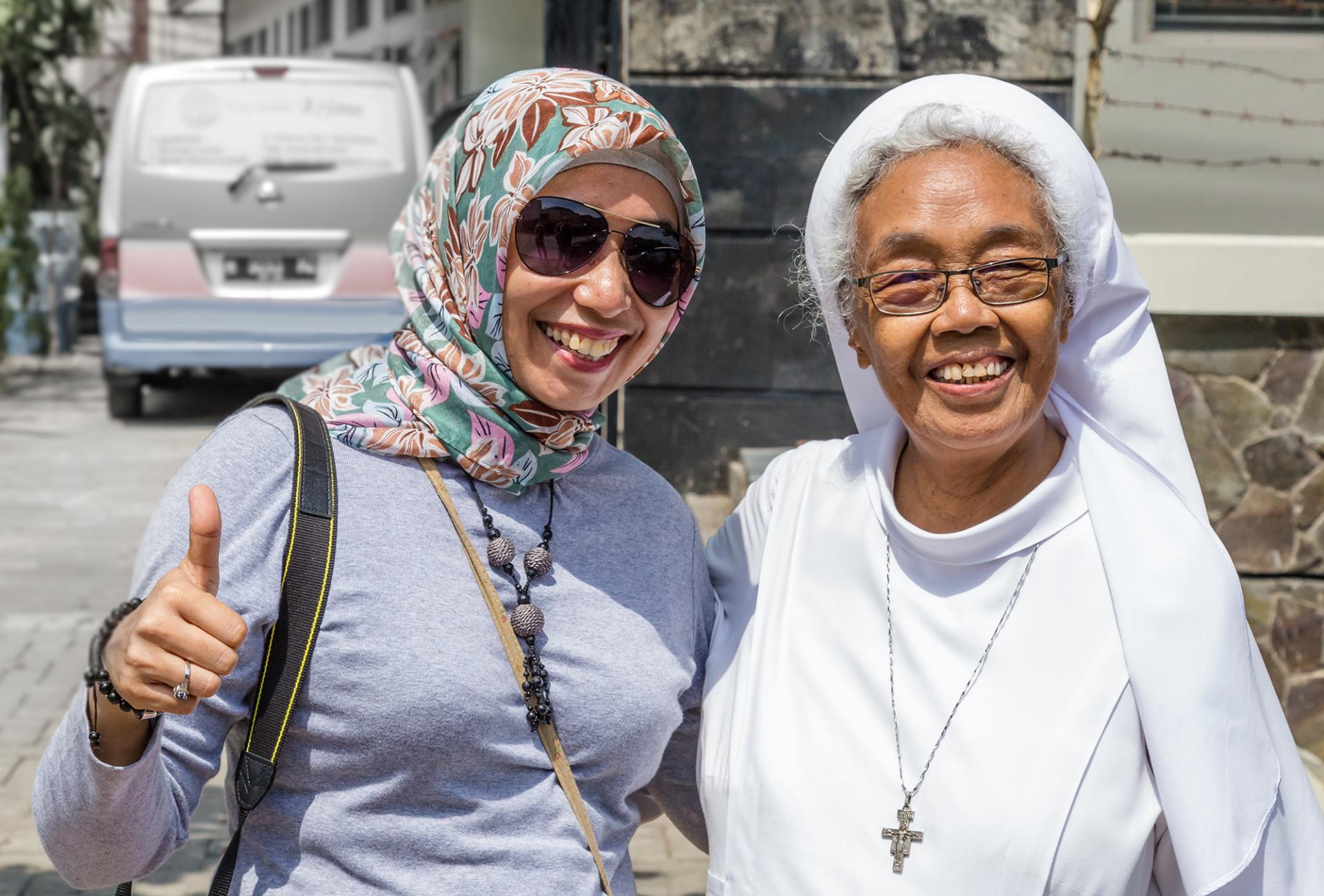
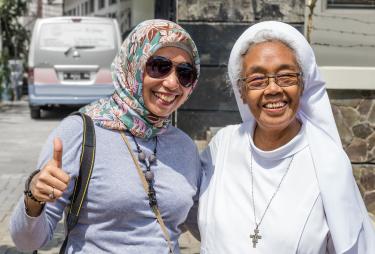
Respect for human rights is a prerequisite for a democratic society. Based on our Christian values, we believe that every human being is created in the image of God and has inviolable and equal rights to live his or her life in freedom. Due to this we want to contribute to a situation where all human beings can enjoy their human rights and strengthened democracies.
A world where human rights are questioned and civic space is shrinking, needs forces that work against polarisation and for democracy.
Through a strong civil society all rights holders, regardless of their identity (such as sex, age or religious affiliation), can demand their rights and handle conflicts. In that way a pluralistic and inclusive democracy can be sustained and strengthened. Our network in Sweden and the world has a lot to contribute with in efforts towards an increased civic space and freedom of religion or belief for all.
At the SMC we have a specific competence regarding the relationship between freedom of religion and belief and other human rights, democracy and the 2030 Agenda for sustainable development. We also have a specific competence within what we call religious literacy. Together with our network we see that faith, human rights and democracy needs to be perceived as interconnected in order for the 2030 Agenda to be fulfilled for all. Our special competence within these areas is the foundation for our work within our prioritised area of Faith and democracy. Using the competence, we and our network have, we work in order to bridge polarised and locked positions.
It is problematic that an increasing number of decision- and policy makers, in Sweden as well as internationally, question the relevance of the human rights system. We are concerned when national interests are prioritised above international obligations and when human rights are positioned in opposition to each other. Unfortunately, we see that freedom of religion or belief is often instrumentalised in this polarisation, for example when it is positioned as in opposition against women’s or SOGIE rights. Through our work within the area of Faith and Democracy we contribute with
International civil society is a key actor in order to rebuild the world better after the Covid pandemic. Civil society harbours a plurality of actors with a specific ability to contribute to a more just and equal world where human rights are respected. Through our broad international network we want to strengthen faith based actors contribution to a sustainable, just, peaceful, equal and democratic society. By supporting local organisation and promoting networks at different levels we want to strengthen the vitality, plurality and resilience of civil society at the international level.
The goal of our work with faith and democracy is to contribute to a vital and resilient civil society which works actively to ensure democratic participation and freedom of religion or belief for all, and where religious actors’ important role in the realisation of the 2030 Agenda and human rights is taken into account by relevant actors.
SMC wants to contribute to what we call bilingualism. It may for example be the competence to talk about human rights from a religious or theological departing point, e.g., by using stories from the Bible or the Quaran. Being bilingual is one of the ways in which our network can create meaningful dialogue about sensitive issues. It can also be useful to talk about religion by departing from human rights. In this way we are bilingual and can contribute to a greater understanding between different perspectives. We see that the religious language often is silenced, even when those speaking to each other have a religious identity. To elevate the status of religious language and use it in combination with a human rights language provides better preconditions for cooperation and increases the capacity to recognise all human needs.
This is a great asset in our work as we relate to both religious and political decision makers and leaders. But also in conversations with ordinary people from different parts of the world, with different world views and different perspectives on rights and obligations.
Policy for religious literacy
Adopted by the Board 2019
Policy for gender equality
Adopted by the Board 2016
Policy for human rights perspective
Adopted by the Board 2014
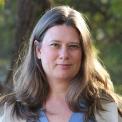

Senior Advisor for Capacity building Freedom of Religion or Belief
+46 8 453 68 93kristina.patring@smc.global

Senior Advisor for Mission and Theology, Religion and Development
+46 8 453 68 88petter.jakobsson@smc.globalReport
In this report from 2023, human rights experts uncover the relationship between FORB and SOGIE rights from perspectives of human rights law, UN-politics and some practical implications for faith-based development actors.
Report
In this report, faith based organisations and secular civil society organisations in our network from 29 countries share their experience of violations of both civic space and freedom of religion or belief.
Course on Fabo
Many people see a conflict between women’s rights and religious rights. In this course on Fabo we explore how they actually belong together and can strengthen each other.
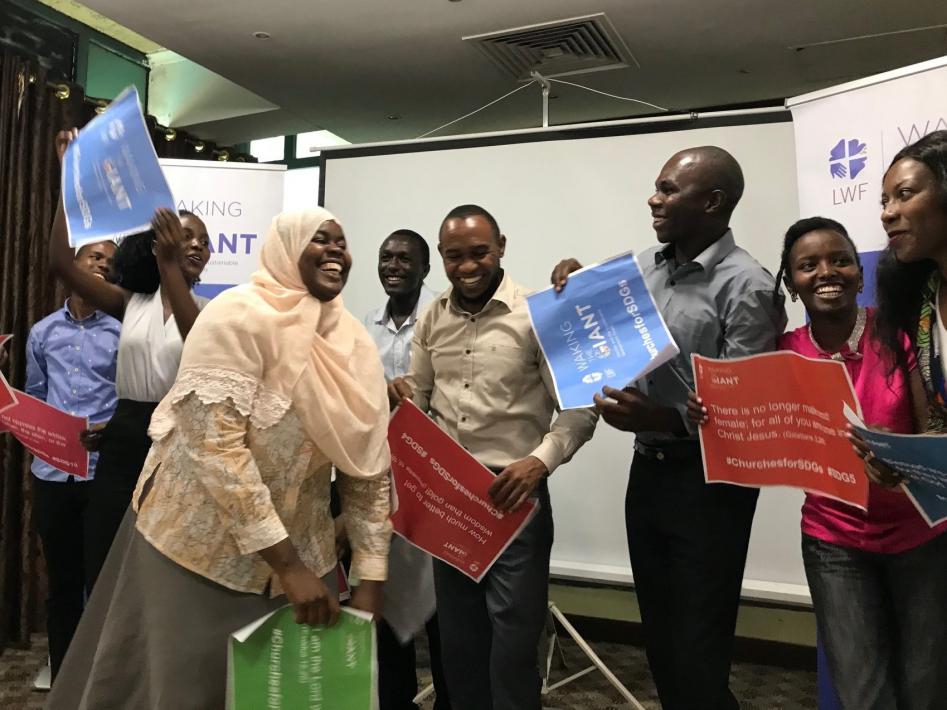
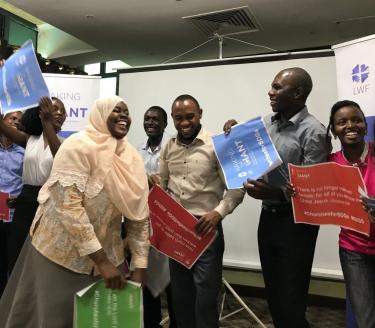
Religious literacy
Everyone working with people in international development cooperation, in conflict situations, and in social or humanitarian work, need knowledge about the role of religion in the particular context that they work in, in order to do a good job. We know where you can start.
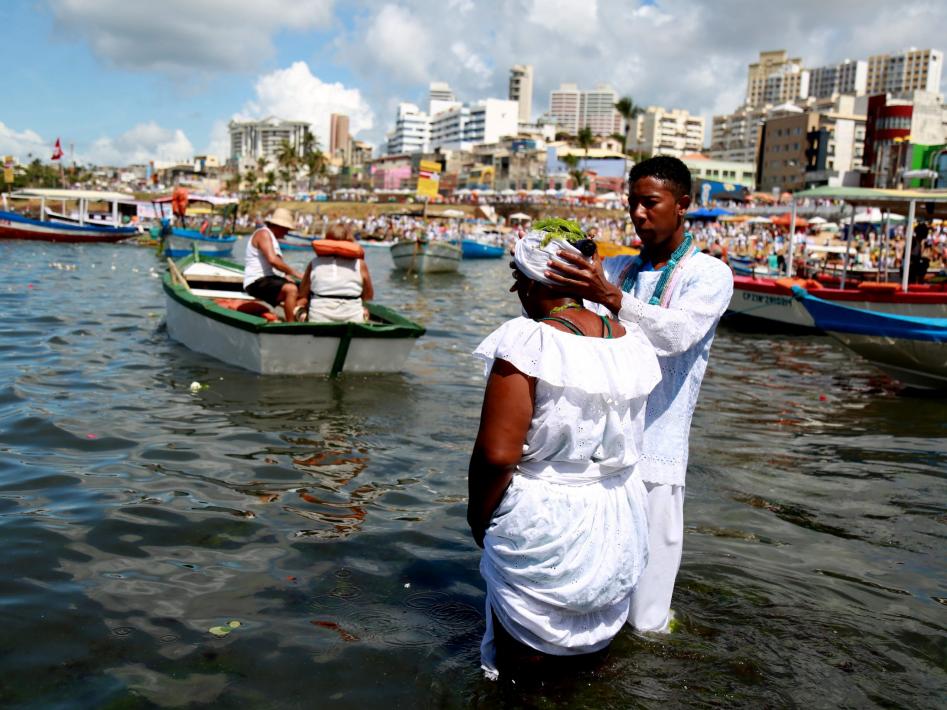
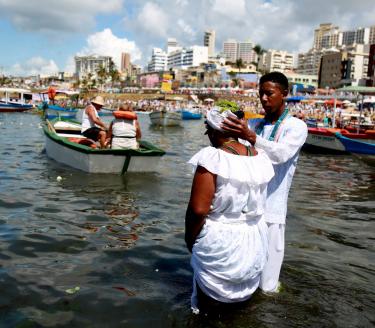
Freedom of Religion or Belief
Freedom of religion or belief is a human right that gives every person the right to have, to change, or to leave his or her religion or belief. We are experts on this freedom and offer both international educations within our network and online resources to anyone who wishes to learn more.


Our network shared experiences of international advocacy and our special asset as faith-based actors in bringing hope and action to the table, both on a local and international level.


We commit ourselves to: Act and practice what we preach, and to become protectors of this earth, to strive to live in harmony and sustainability, through our daily actions, how we invest, how we manage assets, and how we engage within our faith communities.


We were happy to see 170 participants at this year’s digital SMC Network Inspirational Day. Speakers from our global network shared their experiences of how innovation, networking and green transition make us “Stronger Together”.
There are no more published news
We are part of the FoRB Learning Platform where you can access free educational materials such as films and manuals to learn more about this human right.